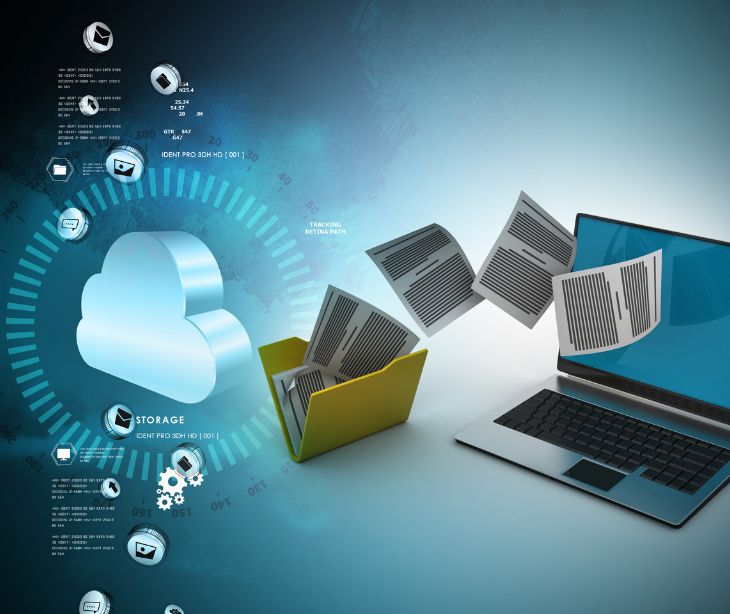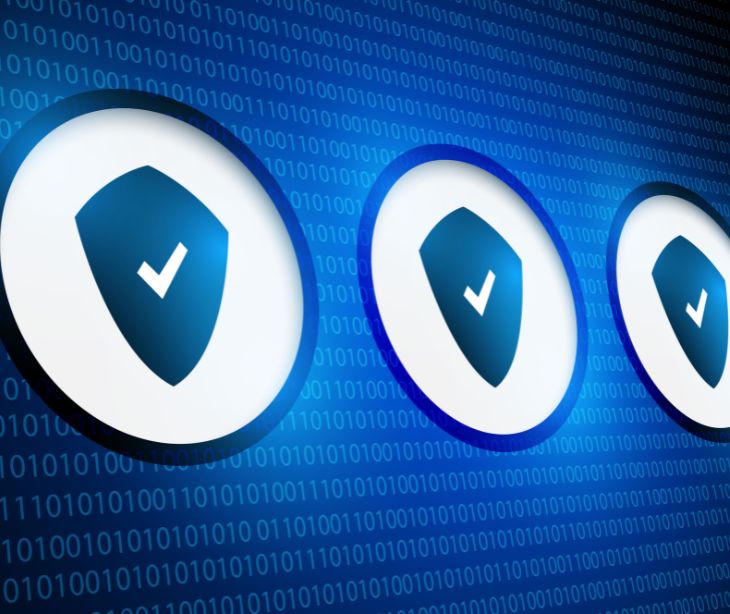
IT help desks must be HIPAA compliant if they handle or have access to protected health information (PHI) in healthcare settings.
The role of IT help desks in healthcare
IT help desks ensure the smooth functioning of technological systems and safeguarding sensitive patient data. They provide support to healthcare professionals, resolving technical issues that can impact patient care and clinical workflows.
See also: The importance of physical security in HIPAA compliance
Why is HIPAA compliance necessary for IT help desks?
IT help desks contribute to the overarching goal of securing patient data by ensuring HIPAA compliance. This is especially beneficial in an era when cyber threats are increasingly targeting digital health information. This compliance helps healthcare organizations avoid legal and financial consequences from data breaches.
See also: What is the key to HIPAA compliance?
HIPAA requirements for IT help desks
Enhanced user authentication methods
Implement advanced user authentication methods such as biometric verification (like fingerprint or retina scans) or smart card technology. This ensures that only authorized personnel can access systems containing PHI.
Network segmentation
Segregate the healthcare organization’s network to create separate zones. Sensitive data, like PHI, should be kept in a highly secure zone with restricted access, distinct from the general network used for everyday tasks.
Implement least privilege access principle
Assign the minimum necessary access rights for users to perform their job functions. Regularly review and adjust these privileges to avoid excess access that could threaten PHI security.
Utilize advanced encryption techniques
Employ strong encryption protocols for data at rest (like AES-256) and in transit (such as TLS 1.2 or higher). Consider encrypting individual files in addition to whole-disk encryption.
Continuous monitoring and intrusion detection systems (IDS)
Deploy real-time monitoring and IDS to detect and alert on any unusual activities or potential breaches in the network, especially those involving PHI.
Regular penetration testing and vulnerability scanning
Conduct frequent penetration testing and vulnerability assessments to identify and rectify potential weaknesses in the network and applications that could be exploited.
Data loss prevention (DLP) tools
Implement DLP solutions to monitor and control data transfers. This can prevent unauthorized sharing or transmission of PHI outside the network.
Comprehensive incident response and reporting
Develop a detailed incident response plan that includes procedures for breach notification as per HIPAA’s Breach Notification Rule. Train staff on how to respond to and report incidents.
See also: Top 10 HIPAA compliant email services
See also: HIPAA Compliant Email: The Definitive Guide
FAQs
What is considered PHI under HIPAA?
PHI under HIPAA includes any information in a medical record that can be used to identify an individual, and that was created, used, or disclosed when providing a healthcare service, such as diagnosis or treatment.
Are there specific HIPAA rules that apply to IT help desks?
Yes, specific HIPAA rules apply to IT help desks, including the Privacy Rule, the Security Rule, and the Breach Notification Rule. These rules govern the use and safeguarding of PHI, ensuring its confidentiality and security.
Can an IT help desk be held liable for HIPAA violations?
Yes, an IT help desk can be held liable for HIPAA violations if it fails to adequately protect PHI. This can include penalties and fines, as well as reputational damage.
Subscribe to Paubox Weekly
Every Friday we'll bring you the most important news from Paubox. Our aim is to make you smarter, faster.




